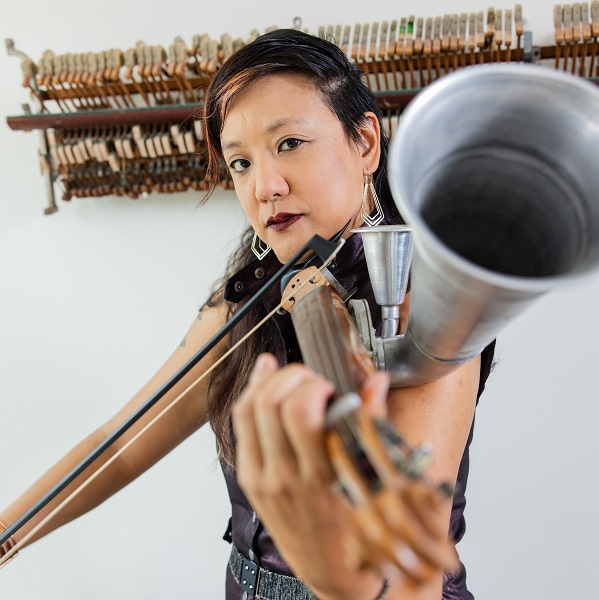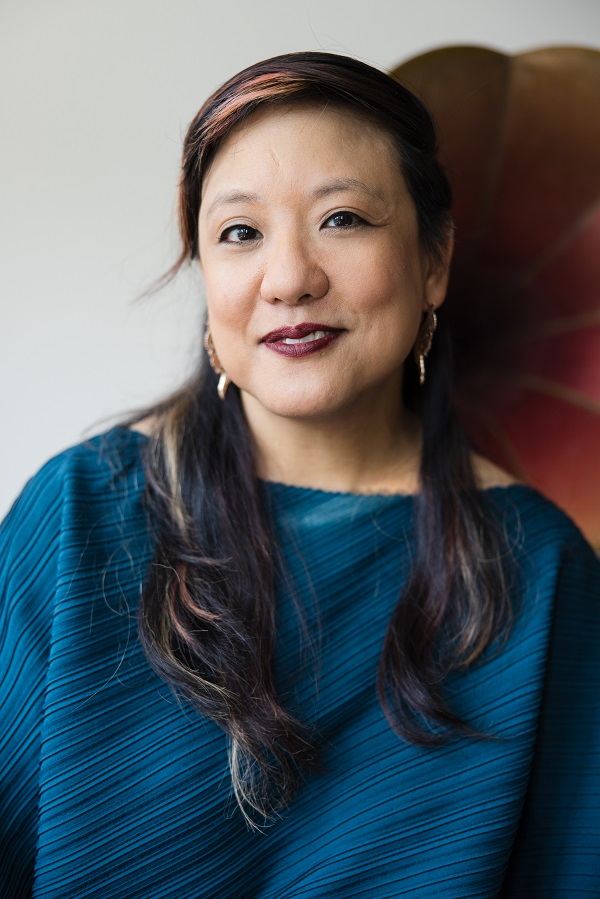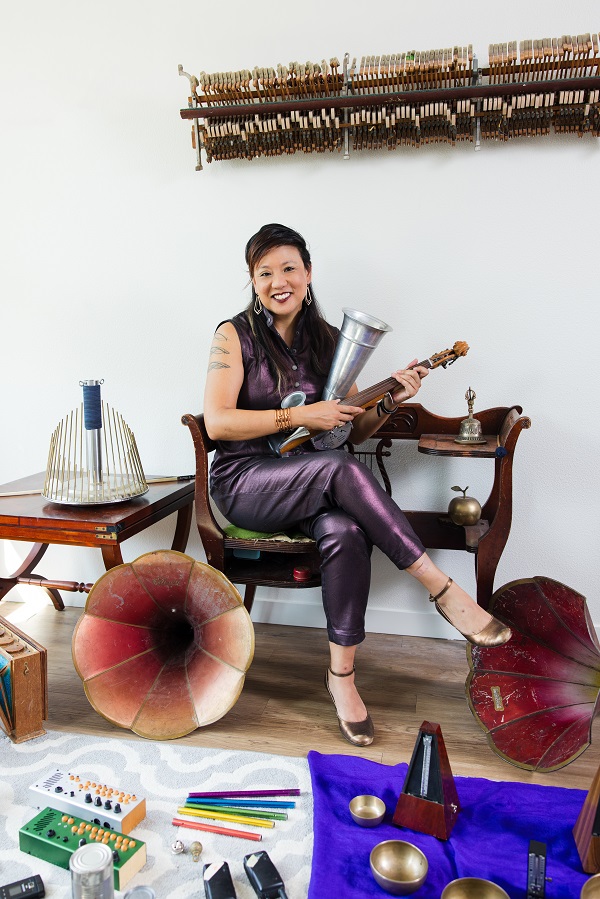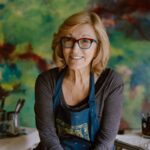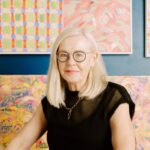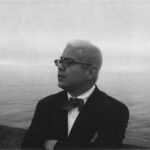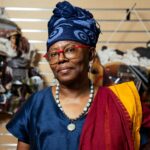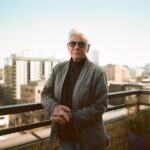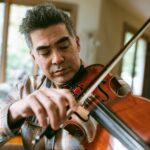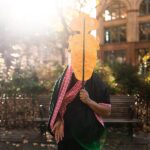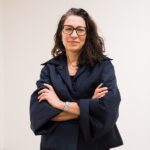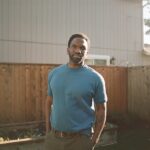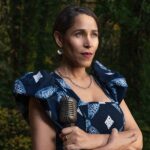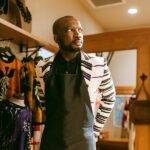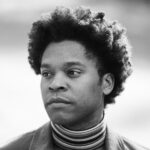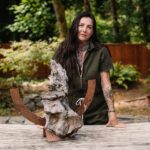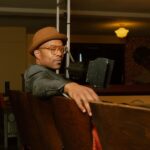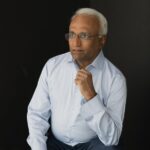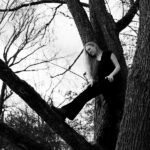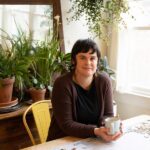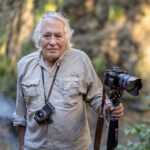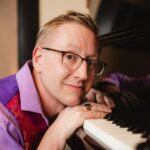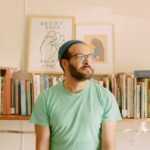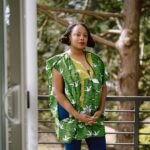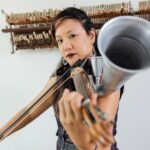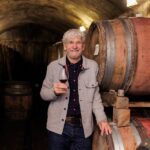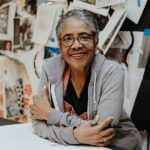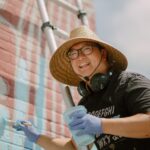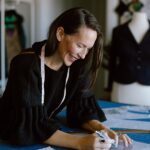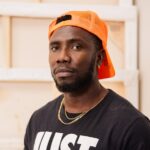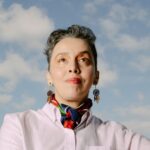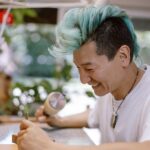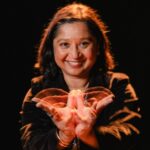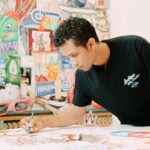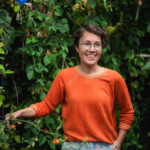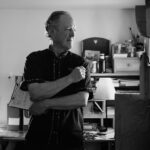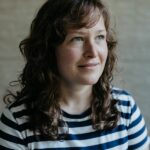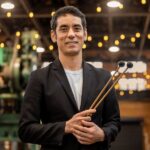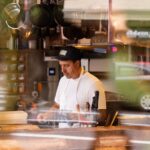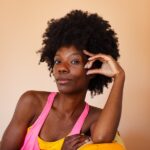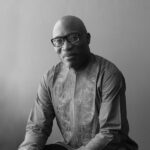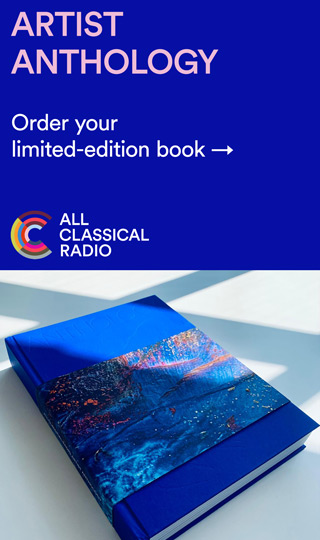Beyond Sound, Beyond Limits
Written by Putsata Reang; Photographed by Christine Dong
For Bora Yoon, there was something beyond sound she heard in the scritch of two frosted glass bottles of nail polish rubbing together as her older sister selected among the colors, and that first chomp into a supremely crisp apple—sounds that entered her ears and cauterized into memory, shaping the earliest sensory soundscape for one of the most eloquent, experimental, and passionate artists of the Pacific Northwest.
“At first, I only heard texture [in those two sounds] and I was fascinated by it because it offered a different palate beyond the piano,” Yoon said. “From the piano, I knew pitch and rhythm, but then there were these in-between sounds.”
Those bottles. That apple. Their frequency and vibration echoing in her ear and through her body. And then, this realization: “I slowly started to understand how they were connected. I can just elongate any short sound and find the tone in it and then match it to the piano, or hum to it, and that’s how sound can become music.”
These nascent sounds Yoon recalls instantly loving while growing up would eventually help form the foundation for her own nationally and internationally-acclaimed work as an experimental composer, vocalist, and multi-instrumentalist.
If artists are known for pushing against the outer banks of form to find what feels most true, then Yoon, who serves as Assistant Professor of Music Composition at Reed College, is someone who persistently slips through the porous borders of musical limits to test what else is possible. It feels fitting, then, that she left New York in 2023 to make her musical mark in Portland, a city designed for discovery and built on celebrating innovation and all things unconventional.
One of Yoon’s most defining and well-known performances occurred in downtown Manhattan in 2007, when she turned a simple cell phone into a tool for timbre and tone. The Wall Street Journal gave front page coverage to the then-27-year-old musical sensation. She has worked to expand and evolve her craft ever since.
Yoon creatively layers sound from household or found objects—including walkie talkies, Tibetan singing bowls, and music boxes—with chamber instruments—such as the violin and guitar—along with digital devices—like cell phones and metronomes—to immerse her audiences in audiovisual experiences that spark wonder. She is a master of world-building, braving the edges of the sonic realm where classical and contemporary traditions meet, and finding there the power to simultaneously haunt and exhilarate.
But there is a cost to making one’s own way, and risk in innovation—something Yoon became painfully attuned to at a young age.
Yoon was born in 1980 in Chicago, Illinois, to Korean parents who immigrated to the U.S. in the 1970s. They arrived with $500 and a dream to build a better life. As a toddler, Yoon spoke so few words that her parents began to wonder whether their second-born might be mute. In reality, she was simply absorbing.
“I just stared and heard and processed the world for a long time,” Yoon said.
When she was five years old and heard her sister play the Kimball piano in their living room, Yoon was captivated. She would make her way to the keys once her sister finished her lessons and play by ear the very same songs her sister had just practiced.
Soon, Yoon’s mother signed her up for lessons, too. By the time she had her first public recital, at age seven, the piano had become Yoon’s favorite object.
“I felt akin to it. I wanted to sleep under it. It was a place of exploration,” said Yoon.
Violin and voice lessons came next, eventually propelling her to play the piano in church, sing in choir and sit in second violin in her high school orchestra. But her passion for music pushed past these traditional offerings for participation. At home, as she listened to Tori Amos, Björk, and Ani DiFranco, it wasn’t enough to learn how to play someone else’s music; she yearned to make her own.
“I wanted to learn how to craft songs, how to sing from your heart,” Yoon said.

